Canada's Colonial History: A Personal Reflection on Indigenous Peoples
VerifiedAdded on 2022/08/24
|5
|934
|18
Journal and Reflective Writing
AI Summary
This journal entry provides a personal reflection on Canada's colonial history, expressing strong sentiments against the treatment of indigenous peoples. The author discusses the disrespect shown during settlement, the stripping of identity and power through colonialism, and the dehumanization experienced by indigenous communities. The paper highlights the government's control over native lands, the establishment of residential schools aimed at eliminating aboriginal culture, and the denial of freedom and cultural practices. The author emphasizes the importance of respecting indigenous history, criticizing the forced removal from lands, and the role of Catholic explorers. The conclusion calls for acceptance of indigenous communities, preservation of their history, and the right to live independently. The author argues that the colonialists significantly affected the lives of the Canadian citizens, and the natives suffered considerably during the colonial period.
1 out of 5
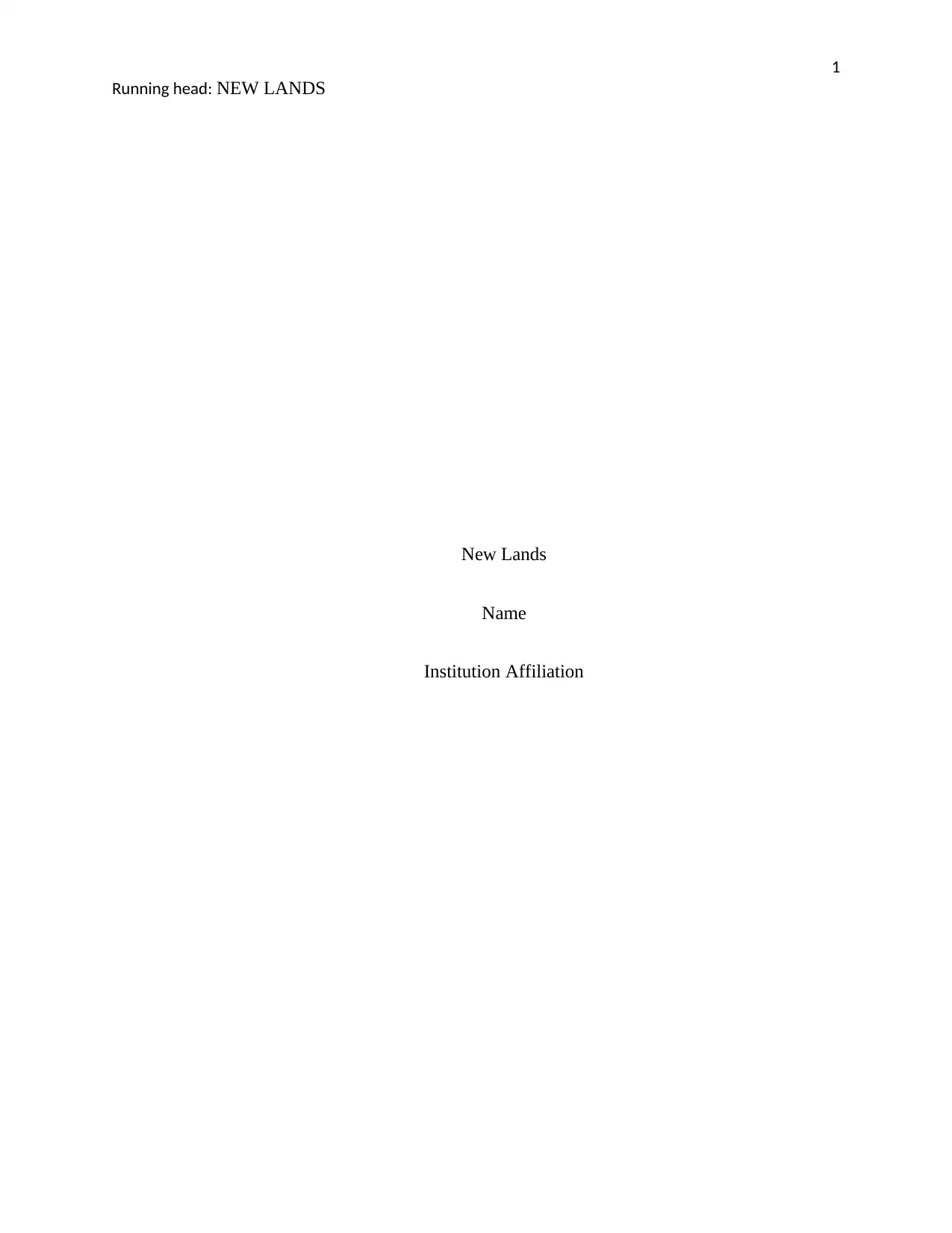
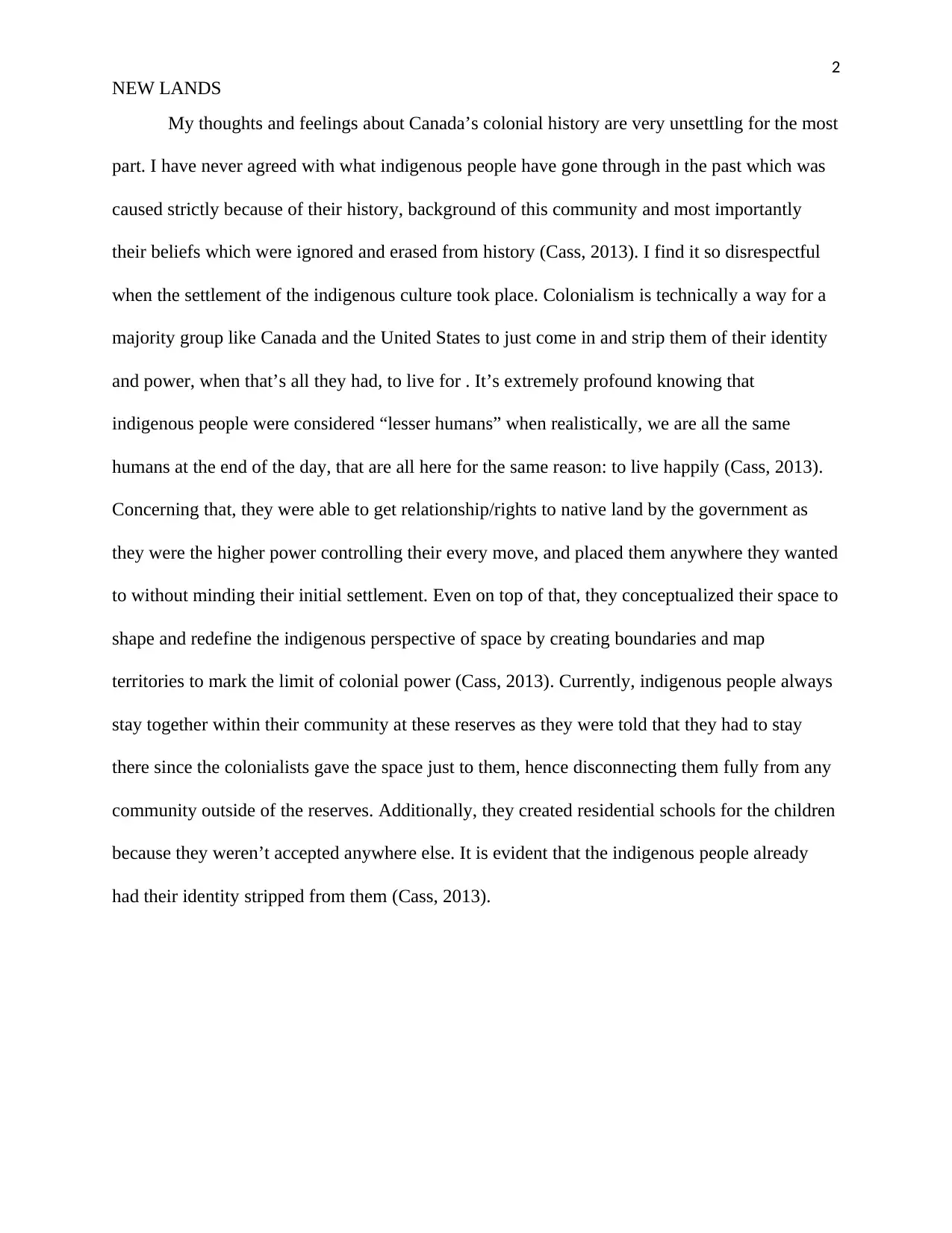
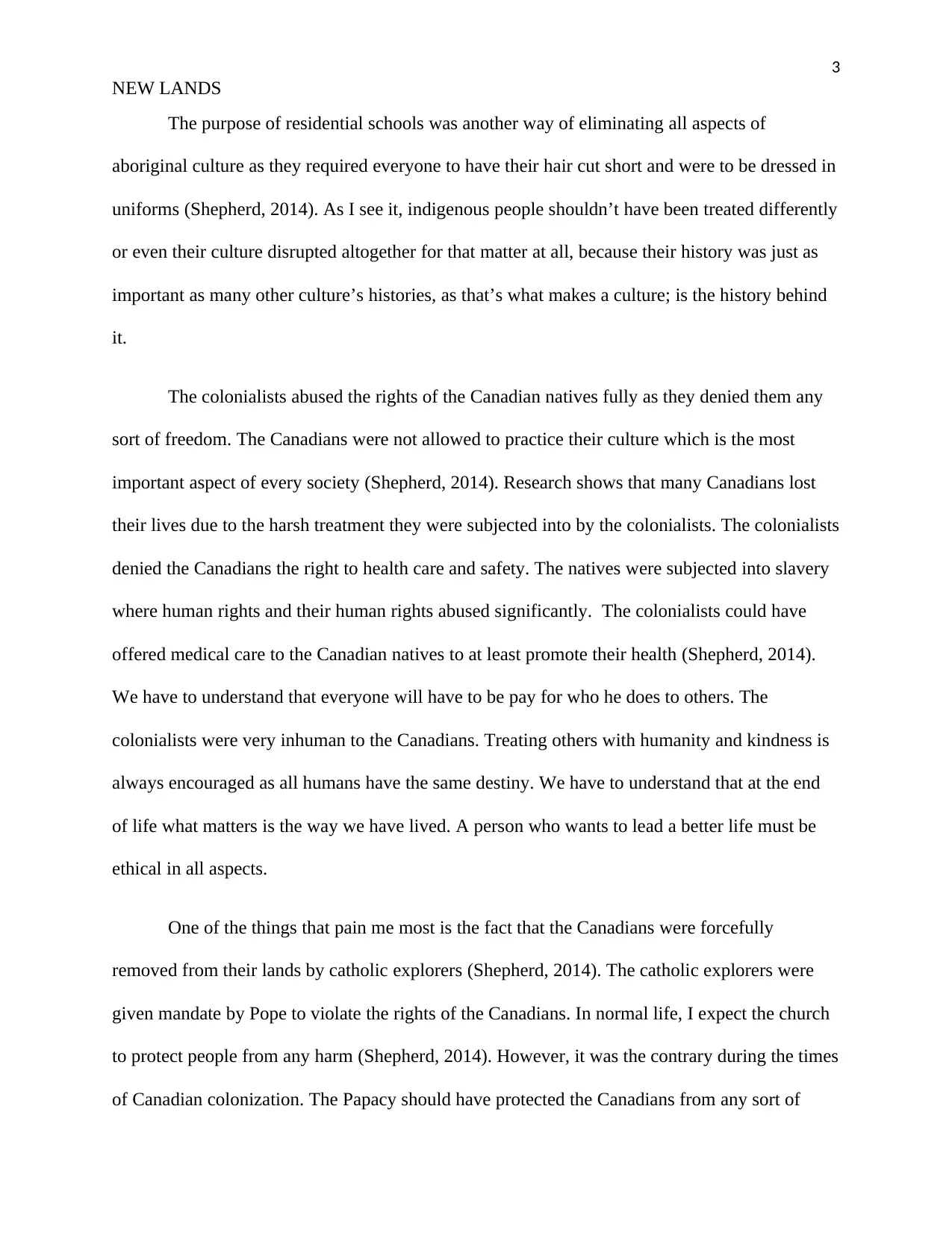

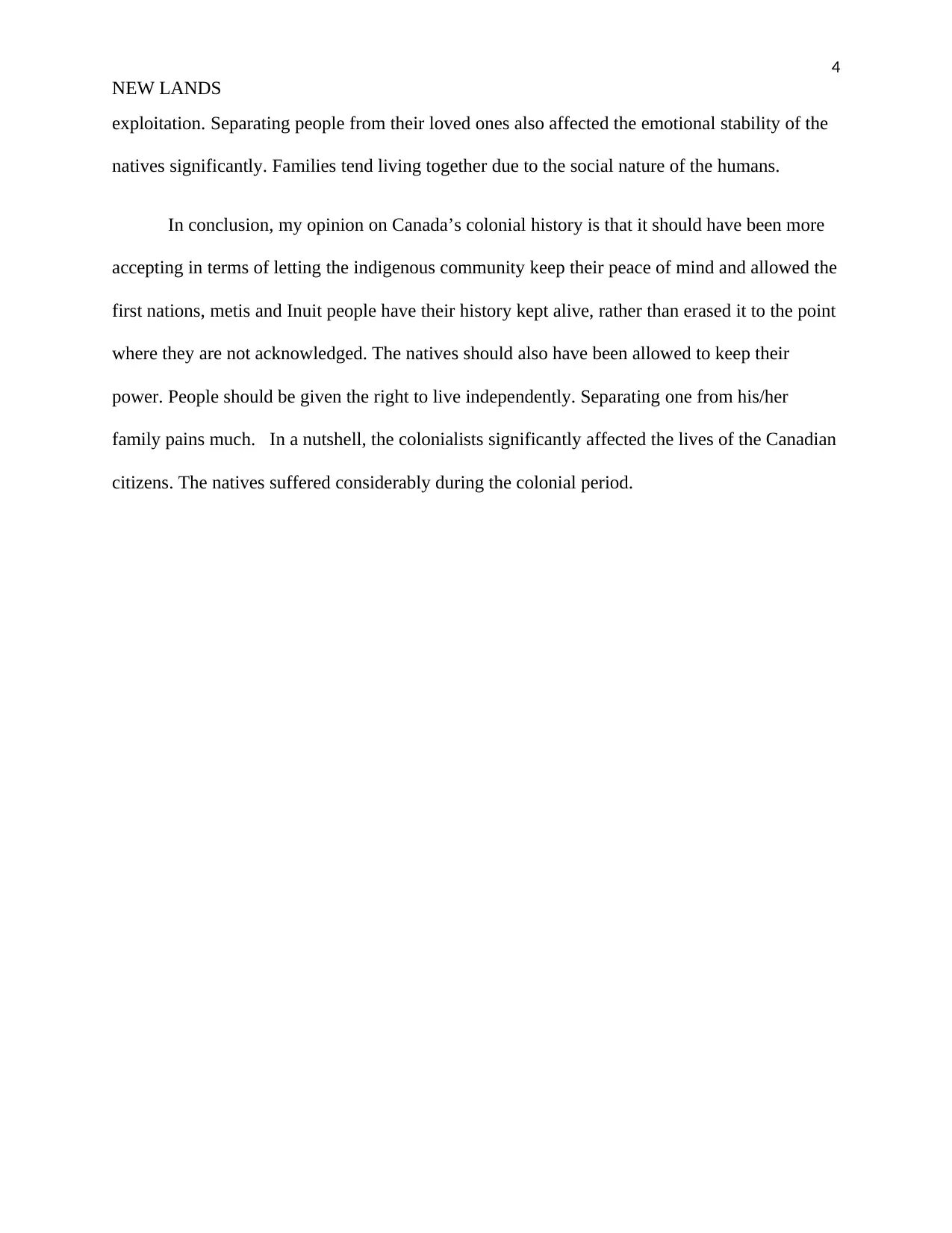
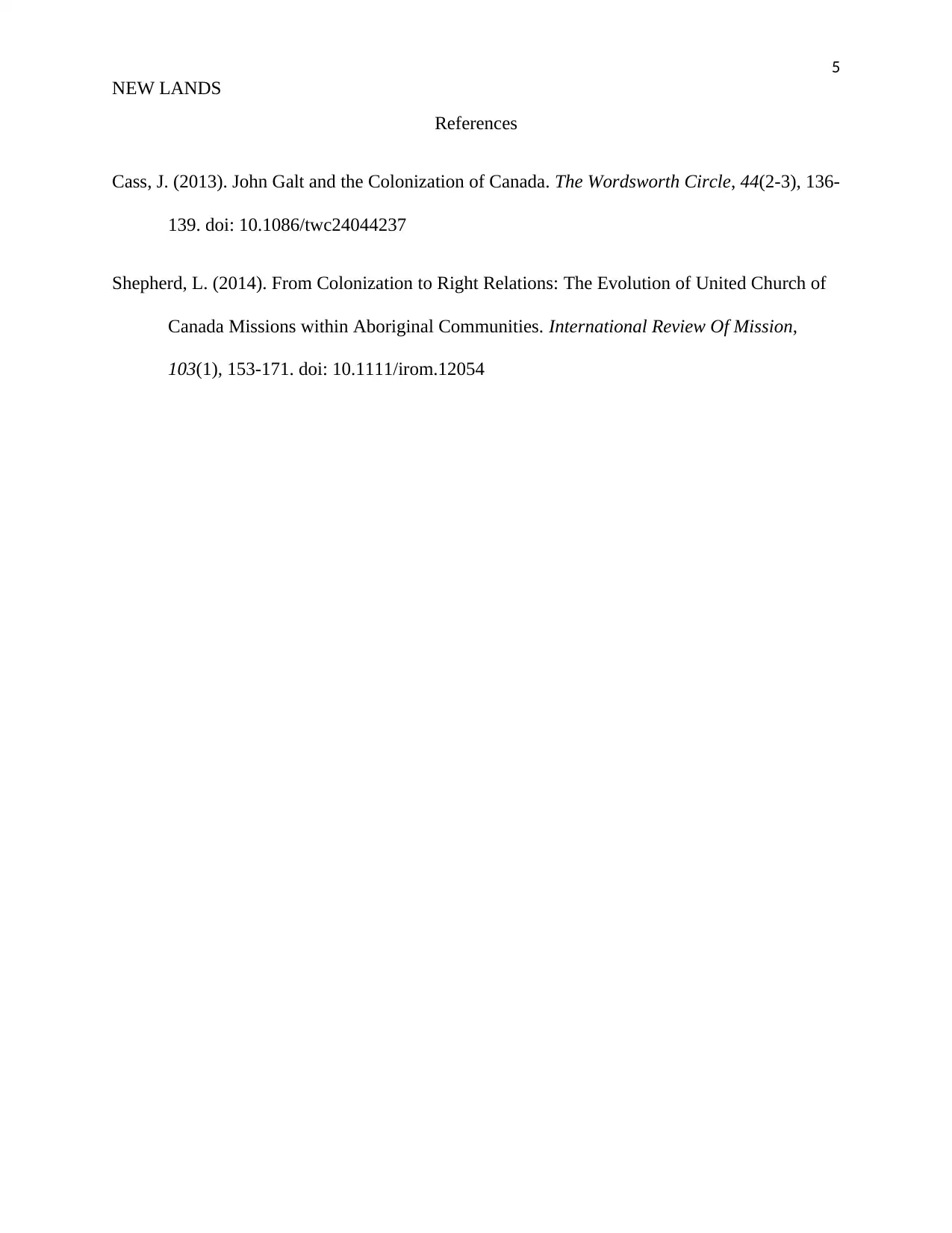






![[object Object]](/_next/static/media/star-bottom.7253800d.svg)